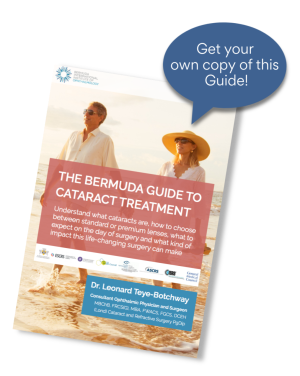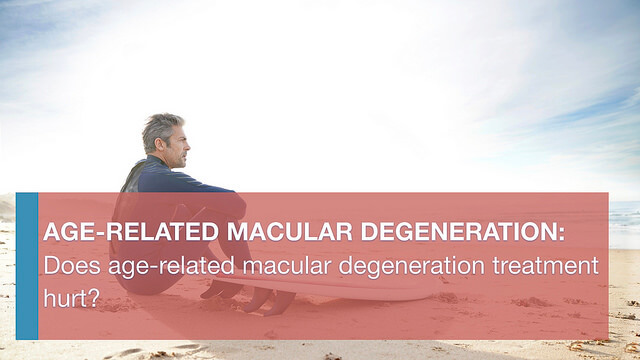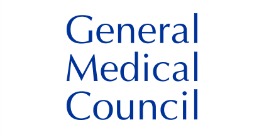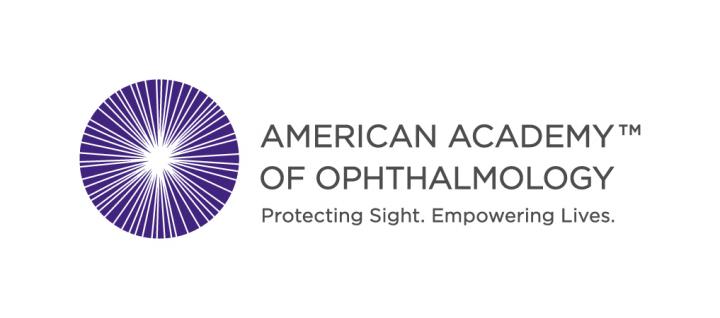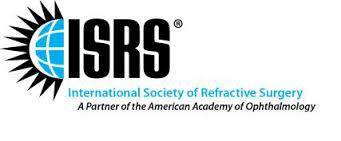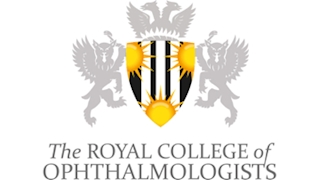Presbyopia
Presbyopia is when your eyes gradually lose the ability to see things clearly up close. It is a normal part of aging. In fact, the word “presbyopia” means “old eye” in Greek. You may start to notice presbyopia shortly after age 40. You will probably find that you hold reading materials farther away in order to see them clearly.
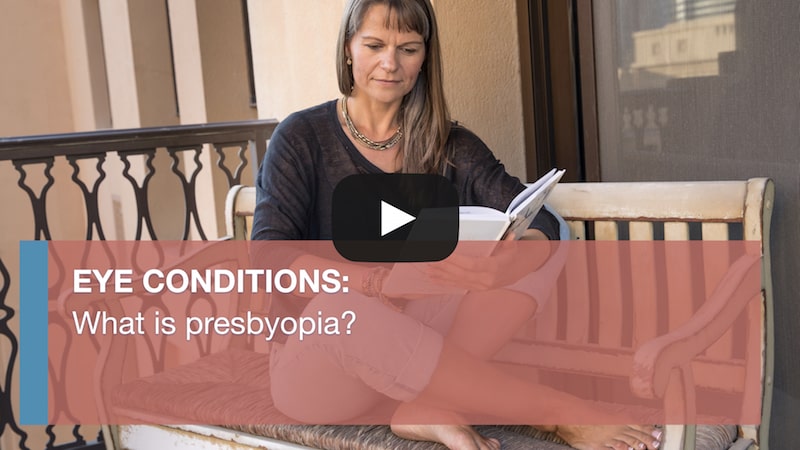
What causes presbyopia?
Your clear lens sits inside the eye behind your colored iris. It changes shape to focus light onto the retina so you can see. When you are young, the lens is soft and flexible, easily changing shape. This lets you focus on objects both close-up and far away. After age 40, the lens becomes more rigid. It cannot change shape as easily. This makes it harder to read, thread a needle, or do other close-up tasks.
Your clear lens sits inside the eye behind your colored iris. It changes shape to focus light onto the retina so you can see. When you are young, the lens is soft and flexible, easily changing shape. This lets you focus on objects both close-up and far away. After age 40, the lens becomes more rigid. It cannot change shape as easily. This makes it harder to read, thread a needle, or do other close-up tasks.
There is no way to stop or reverse the normal aging process that causes presbyopia. However, presbyopia can be corrected with eyeglasses, contact lenses or surgery. If you do not correct presbyopia, you may be bothered by headaches and eye strain.
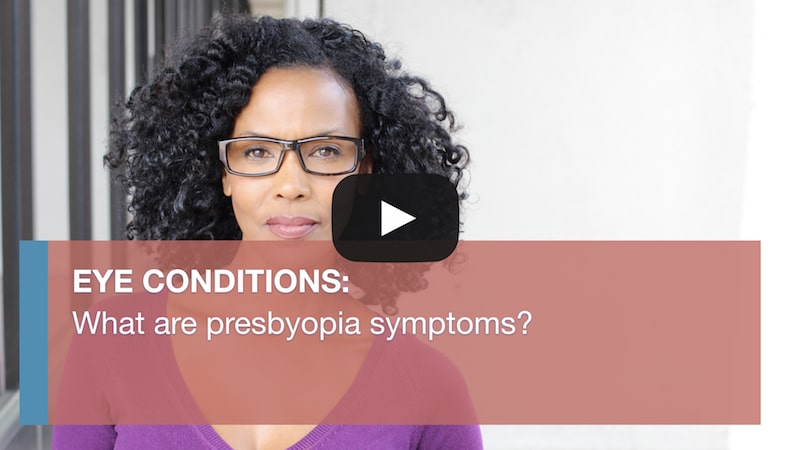
Presbyopia examination in Bermuda
Routine eye exam If you are finding that small print is harder to read, holding it farther away then you used to.
This is a good reason to believe that you have Presbyopia. Reading in low light, night driving might also contribute to Presbyopia.
How do you treat presbyopia?
Reading glasses
If presbyopia is your only vision problem (you do not have nearsightedness, farsightedness or astigmatism), glasses may be all you need. Reading glasses help correct close-up vision problems by bending (refracting) light before it enters your eye. They can be bought without a prescription, but the specific power of reading glasses that you need should be determined by an eye exam.
Bifocals, trifocals or progressive lenses
If you already wear eyeglasses for other vision problems, now you might need bifocals, trifocals, or progressive lenses.
Bifocals correct for close-up and far vision. A line, which may or may not be visible, divides the lens. The bottom of the lens refracts light for close up vision. The top portion refracts light to allow you to see distant objects.
Trifocals have three lens areas to correct for close-up, mid-range and far vision.
Progressive lenses correct vision like bifocals and trifocals. But instead of a line that divides each refractive area, refraction changes gradually in the lens from top to bottom.
Contact lenses
Some people prefer to wear contact lenses rather than eyeglasses. There are two types of contact lenses that help presbyopia:
Monovision contacts
These correct one eye for distance vision and the other for close-up vision. You need to adapt to monovision lenses and train your brain to see this way. You may find you lose your ability to judge something’s distance or speed with monovision lenses.
Multifocal contacts
These lenses have several rings or zones set at different powers. With this design, you are actually using both near and far vision at the same time. However, your brain learns to automatically select the right focus for what you want to see. You may find that using a multifocal lens makes your vision less sharp than when using a monofocal lens.
Refractive surgery
Some people decide to have surgery to achieve monovision. This can reduce their need for glasses for near and far objects. Using a laser, an ophthalmologist reshapes the cornea for clear far vision in one eye and close-up vision in the other. In many ways, this is like wearing monovision contact lenses. Your ophthalmologist may suggest that you try monovision lenses before having LASIK surgery. That way you can tell if monovision is a comfortable option for you.
Latest news from your eye doctor in Bermuda
We regularly share new videos and blog posts for our Bermudian patients about common eye questions and concerns. You can subscribe at the bottom of this page to receive the latest updates.
Does Age-related Macular Degeneration treatment hurt?
Age-related Macular Degeneration treatment is quite comfortable for most patients. We ensure that patients are as comfortable as possible before beginning.
How much does glaucoma treatment cost?
The glaucoma treatment cost depends on the type of glaucoma the patient has. It also depends on their insurance coverage.
Does cataract surgery hurt?
Because of the anaesthetic eye drops we administer before and during a cataract operation, the treatment does not hurt. Most patients are very comfortable during the procedure.
Memberships and Accreditations
About the author
Leonard Teye-Botchway
Consultant Ophthalmic Physician and Surgeon |MBChB, FRCS(G), MBA, FWACS, FGCS, DCEH (Lond), Postgraduate Diploma in Cataracts and Refractive Surgery
I am Leonard Teye-Botchway and I am the Medical Director and Consultant Ophthalmologist at Bermuda International Institute of Ophthalmology in Bermuda. The joy and elation I get from seeing patients who are very happy they can see after surgery is almost unimaginable. This is what really drives me to carry on being an ophthalmologist.
We have sourced some or all of the content on this page from The American Academy of Ophthalmology, with permission.

